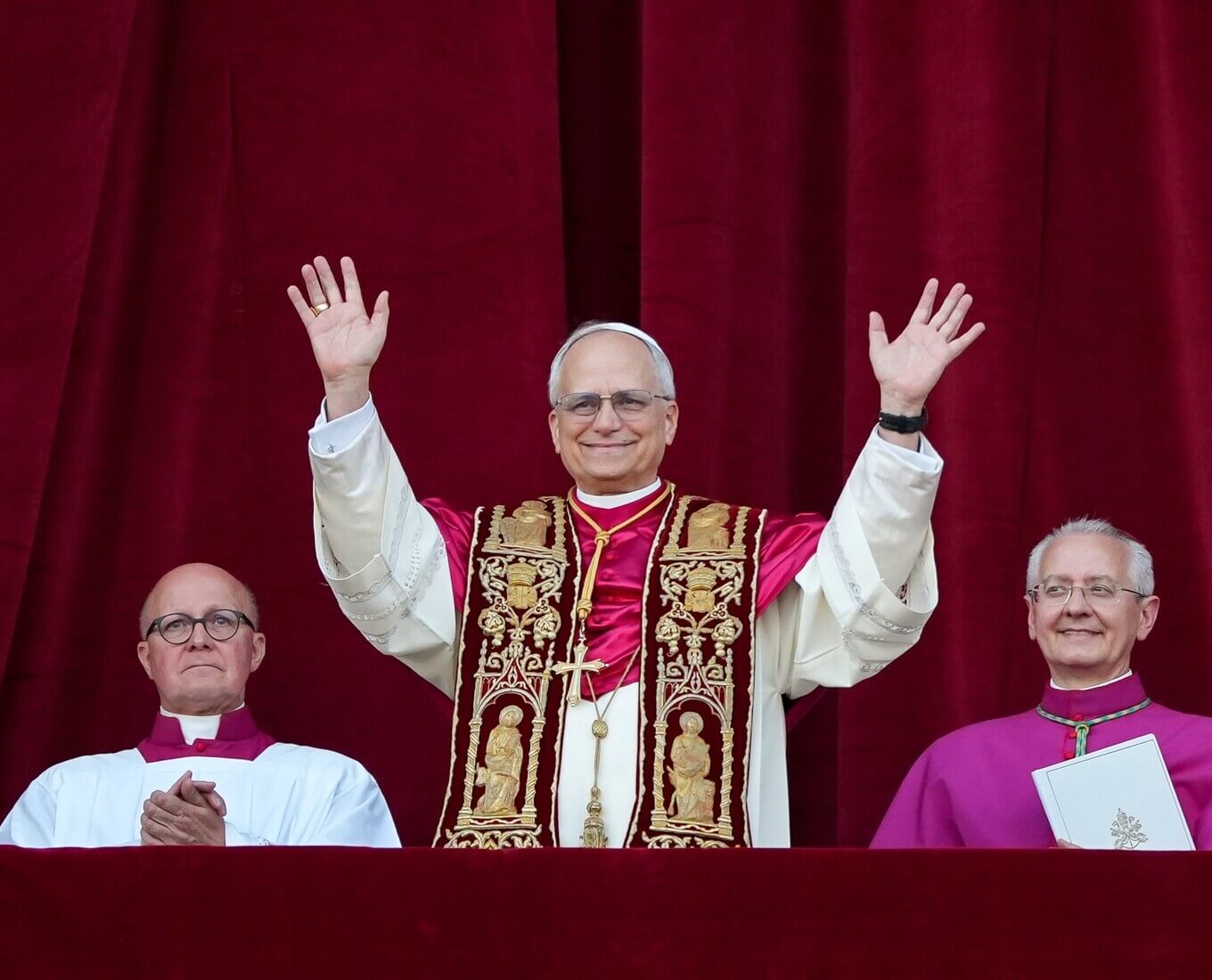 Yale psychologist Paul Bloom will give a lecture “Against Empathy” at the College of the Holy Cross, Thursday, Sept. 24 at 4:30 p.m. in the Rehm Library. One of the Deitchman Family Lectures on Religion and Modernity, the talk is free and open to the public.
Yale psychologist Paul Bloom will give a lecture “Against Empathy” at the College of the Holy Cross, Thursday, Sept. 24 at 4:30 p.m. in the Rehm Library. One of the Deitchman Family Lectures on Religion and Modernity, the talk is free and open to the public.
Bloom is Brooks and Suzanne Ragen Professor of Psychology and chair of the Cognitive Science Program at Yale University. His research explores how children and adults understand the physical and social world, with special focus on morality, religion, fiction, and art. In this talk, Bloom will draw upon his research into psychopathy, criminal behavior, charitable giving, infant cognition, cognitive neuroscience and Buddhist meditation practices to argue against empathy as a moral guide.
“Many psychologists, philosophers, and laypeople believe that empathy is necessary for moral judgment and moral action — the only problem with empathy is that we sometimes don’t have enough of it,” Bloom says. “I’ll argue that this is mistaken. Empathy is a poor moral guide. It is biased, shortsighted, and innumerate. We are better off without it.”
Bloom has won numerous awards for his research and teaching. He is past-president of the Society for Philosophy and Psychology, and co-editor of Behavioral and Brain Sciences, one of the major journals in the field. He has written for scientific journals such as Nature and Science, and for popular outlets such as The New York Times, The Guardian, The New Yorker, and The Atlantic Monthly. He is the author or editor of six books, including “Just Babies: The Origins of Good and Evil” (Crown Publishing, 2013).
Bloom’s lecture is presented by the Rev. Michael C. McFarland, S.J. Center for Religion, Ethics and Culture at Holy Cross. Learn more about McFarland Center events and watch lectures online at holycross.edu/mcfarlandcenter.
About the Rev. Michael C. McFarland, S.J. Center for Religion, Ethics and Culture:
Established in 2001 and housed in Smith Hall, the McFarland Center for Religion, Ethics and Culture provides resources for faculty and course development, sponsors conferences and college-wide teaching events, hosts visiting fellows, and coordinates a number of campus lecture series. Rooted in the College's commitment to invite conversation about basic human questions, the Center welcomes persons of all faiths and seeks to foster dialogue that acknowledges and respects differences, providing a forum for intellectual exchange that is interreligious, interdisciplinary, intercultural, and international in scope. The Center also brings members of the Holy Cross community into conversation with the Greater Worcester community, the academic community, and the wider world to examine the role of faith and inquiry in higher education and in the larger culture.
Yale Psychologist Paul Bloom to Lecture ‘Against Empathy’
Read Time
2 Minutes


